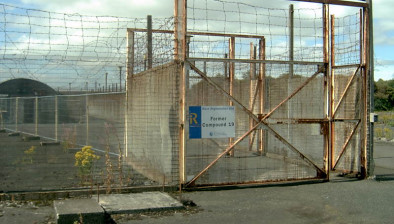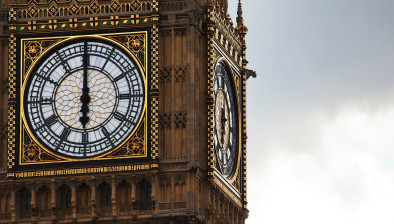UK: Recommended spy laws include full defence to unauthorised disclosure

A full statutory public interest defence should be available to anyone accused of an unauthorised disclosure offence under the Official Secrets Act 1989, the Law Commission has recommended.
In a report on espionage and unauthorised disclosures laid before Parliament, the commission states that the Official Secrets Acts 1911, 1920, 1939 and 1989 are outdated and no longer fit for purpose given developments in data and technology.
The report makes a number of recommendations, including removing the requirement to prove that the leak caused damage in prosecutions of public servants who leak information. Instead, the offence should require proof of a sufficiently culpable mental state (which should be decided by Parliament). For example, knowledge or belief that the disclosure would cause damage.
For cases of espionage carried out against the UK from abroad, the commission recommends that an offence would be committed irrespective of whether the individual is a British citizen, provided there is a significant link between the individual’s behaviour and the interests of the United Kingdom.
It also suggests updating the archaic language of the Official Secrets Acts to ensure the legislation is fit for purpose. For example, it recommends replacing the word “enemy” with “foreign power”, which would include terrorist organisations and companies controlled by a state.
Commissioners recommend that public servants and civilians should be able to report concerns of wrongdoing to an independent statutory commissioner who would be tasked with investigating those concerns effectively and efficiently.
Parliament should consider increased maximum sentences for the most serious offences in relation to leaks, it says. However, the Law Commission does not make a recommendation on what new maximum sentences should be.
Professor Penney Lewis, criminal law commissioner, said: “In the last twenty years, the world has moved on but these vital laws protecting our national security have not kept up. They are in urgent need of reform.
“Our recommendations will help to give the Government the tools it needs to respond to espionage and leaks, whilst also being proportionate and protecting individuals’ human rights.”







